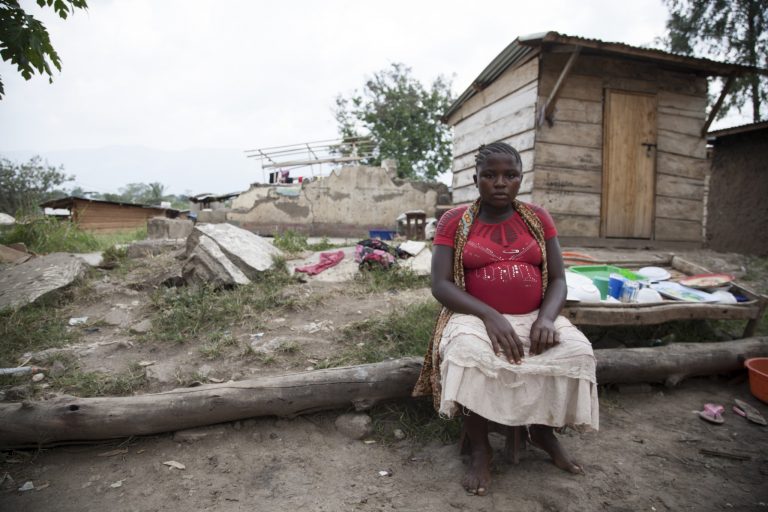Blog By Associate Professor Peter Waiswa, the team leader Makerere University Centre for Maternal and Newborn Health Research. Originally published on CMNHR.
This sad state of affairs has bothered me for a long time but at last I have gathered the courage to write about it. I think this will set my heart and mind free. Come to think of it, in Uganda, like many African and Asian countries, there are so many preventable loses of mothers and babies during child birth. A little progress has been made, but still every year in Uganda it is estimated that we have 6000 maternal deaths, 39000 newborn deaths, and 40000 stillbirths – in total 85000 deaths (equal to a population of some districts in Uganda), all occurring in a period around the time of birth.
To put it graphically, this is equal per year to 6071 (17 per day) fourteen sitter taxis or kamunyes, the predominant public transport in Uganda. These deaths are equal to 230 deaths per day. Indeed, it has been estimated that should business continue as usual, it will take counties like Uganda up to 160 years to get to the levels of mortality that most Western countries are at now! We have news media, scientists, civil society organisations, and yes, policy makers and politicians and national leaders, but what surprises me is that this doesn’t this make news or a call for national emergency measures. Why did it happen for HIV/AIDS but not for mothers and their babies?
The answer is we either do not care, pretend about it, are not smart enough or we are actually still waiting for a foreigner or a foreign project to awaken us. Can you imagine a woman is pregnant for nine months but she goes on to die or lose her baby in a short time she goes into labour yet we have the knowhow and resources to save her? Science has given us the knowledge to be able to estimate when a woman is expected to give birth, or the so called expected date of delivery. We also know that these women live within our communities. If we cared as a country we can know how many women will deliver in the next one or two weeks, and make plans for them to have a safe birth. This will entail transport, access to skilled health workers in an environment that provides quality care, and when referral is needed, it is provided.
But what do we do instead? We sit back in our offices, homes, and health centres or hospitals and wait – wait for women in labour to come to give birth. Because we are not proactive, everything happens like an emergency, women arrive unprepared, and in return they find an unprepared health system without ready health workers, commodities, referral system, and emergency care. But they have been pregnant for nine months and we have government programs, NGOs and private sector that claims to have plans for safe birth.
Women are pregnant for nine months, and if we care a little more, be proactive and planned a little bit wisely with a business thinking, we can prevent most maternal deaths and newborn losses, and save many families from life long suffering. By sitting back, we will continue losing more than 6000 mothers, 39000 newborns, and registering 40000 stillbirths every year, yet resources would have been spent. The opportunity may be now as all the three new Ministers of Health are women – and maybe they care a little more, and plan better. Time to rethink and be proactive!
